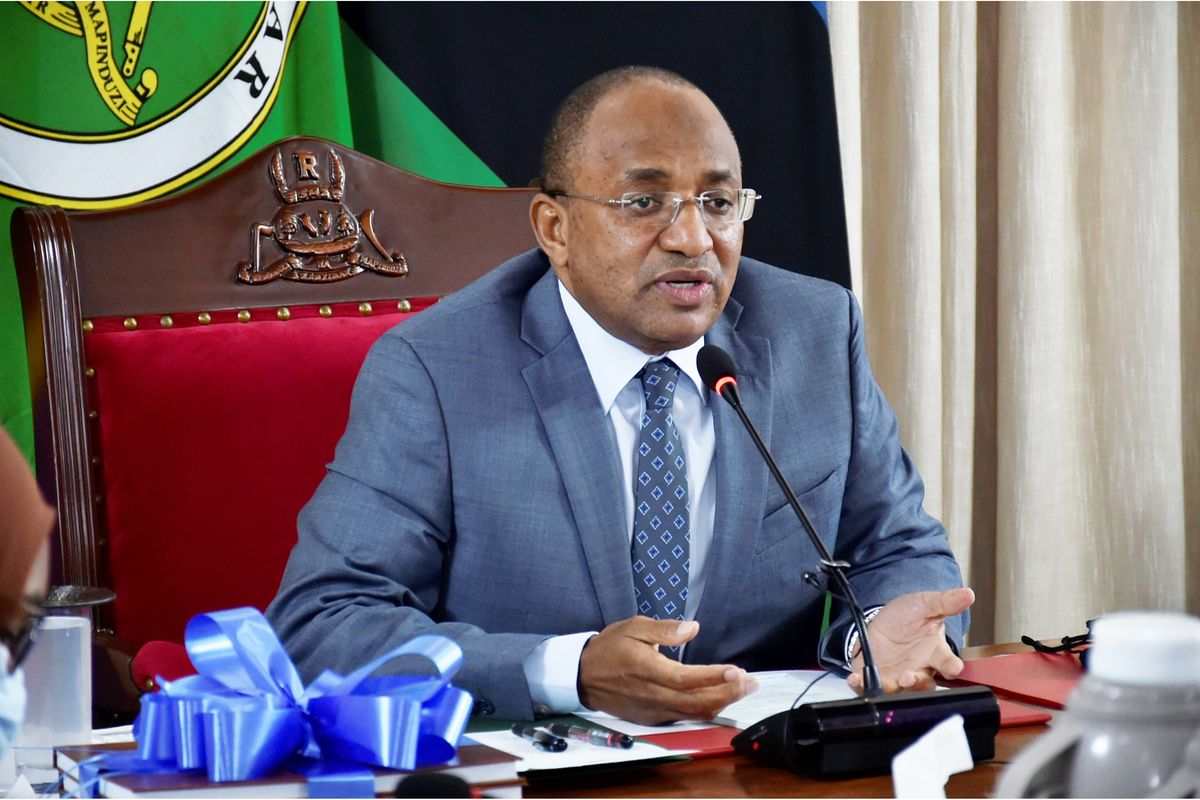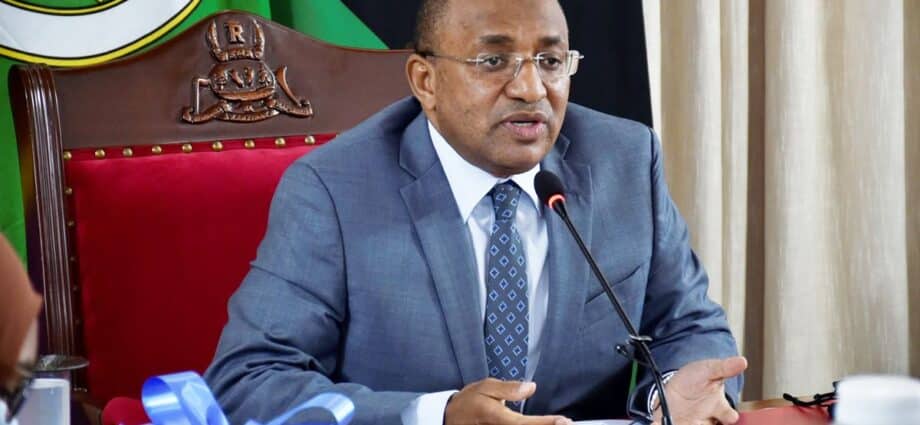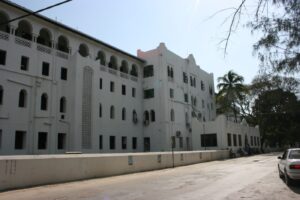
Unguja. Zanzibar’s President, Dr Hussein Mwinyi, has credited the robust auditing and control of public resources for the significant growth of the island’s economy, which saw an impressive 7.4 percent growth rate in 2023, up from just 1.3 percent in 2020.
Dr Mwinyi was speaking on December 18, 2024, during the closing ceremony of Audit Week held at the Police Ziwani Hall in Unguja, Zanzibar.
The President highlighted that the success of public resource audits has directly contributed to improvements in key social services, including education, healthcare, clean water, electricity, and more.
“The auditing of financial and other public resources has been instrumental in advancing infrastructure projects such as roads, ports, airports, sports fields, and markets,” said Dr Mwinyi.
He attributed these successes to the government’s commitment to effectively managing public resources, carefully reviewing and acting on the recommendations and findings from the Controller and Auditor General’s (CAG) annual reports.
“These achievements provide an opportunity to commend the work of the Controller and Auditor General in enhancing good governance through accountability, transparency, and discipline in public resource management,” the President added.
Dr Mwinyi emphasised that good governance is crucial for the nation’s continued development, urging all sectors to take greater responsibility and show more dedication and integrity in serving the people.
The President assured that the government would continue to improve the operational environment for the CAG’s office to ensure that it performs its duties in accordance with national and international standards and keeps up with global auditing practices.
He also pointed out that the responsibility of improving governance in managing public resources is not only that of the government and the CAG’s office but a collective effort involving all sectors, including international communities, civil society, the private sector, religious leaders, the media, and citizens.
“Together, we all play a crucial role in ensuring accountability and transparency in the management of public resources,” he added.
Dr Mwinyi praised the ongoing collaboration between the CAG’s office and the National Audit Office of Tanzania, describing it as a symbol of strengthening national unity.
Earlier, Minister of State in the Office of the President, Constitution, Legal Affairs, Public Service, and Good Governance, Haroun Ali Suleiman, welcomed President Mwinyi and highlighted the significant improvements in the office’s operations under the guidance of its advisory board.
Mr Suleiman urged those entrusted with responsibilities to execute them effectively to achieve the office’s goals.
Minister Haroun also lauded President Mwinyi’s efforts to advance Zanzibar’s development, expressing confidence that the region would make major strides in the coming years.
Meanwhile, the Controller and Auditor General of Zanzibar, Dr. Othman Abbas Ali, explained that the public presentation and in-depth discussions of the CAG’s annual report in the Zanzibar House of Representatives have contributed significantly to raising public awareness about the use of public funds.
He noted that the government’s introduction of new financial systems based on the CAG’s recommendations has led to an average saving of 90 percent in public funds.
Furthermore, the transparency rate for development projects stands at 96.8 percent, public awareness of financial management has increased by 98 percent, and the use of systems in government operations has risen from 48 percent to 97.4 percent.
Dr Abbas emphasised that Audit Day celebrations offer a valuable platform for public institutions to exchange experiences and learn new strategies for tackling corruption and economic sabotage and boosting transparency and accountability.
He concluded that Zanzibar’s resources are vital for economic growth, but only if they are properly managed and used according to legal principles of transparency and accountability.
Dr Abbas stressed that the government must continue strengthening good governance institutions, as these play a key role in achieving national development goals.














